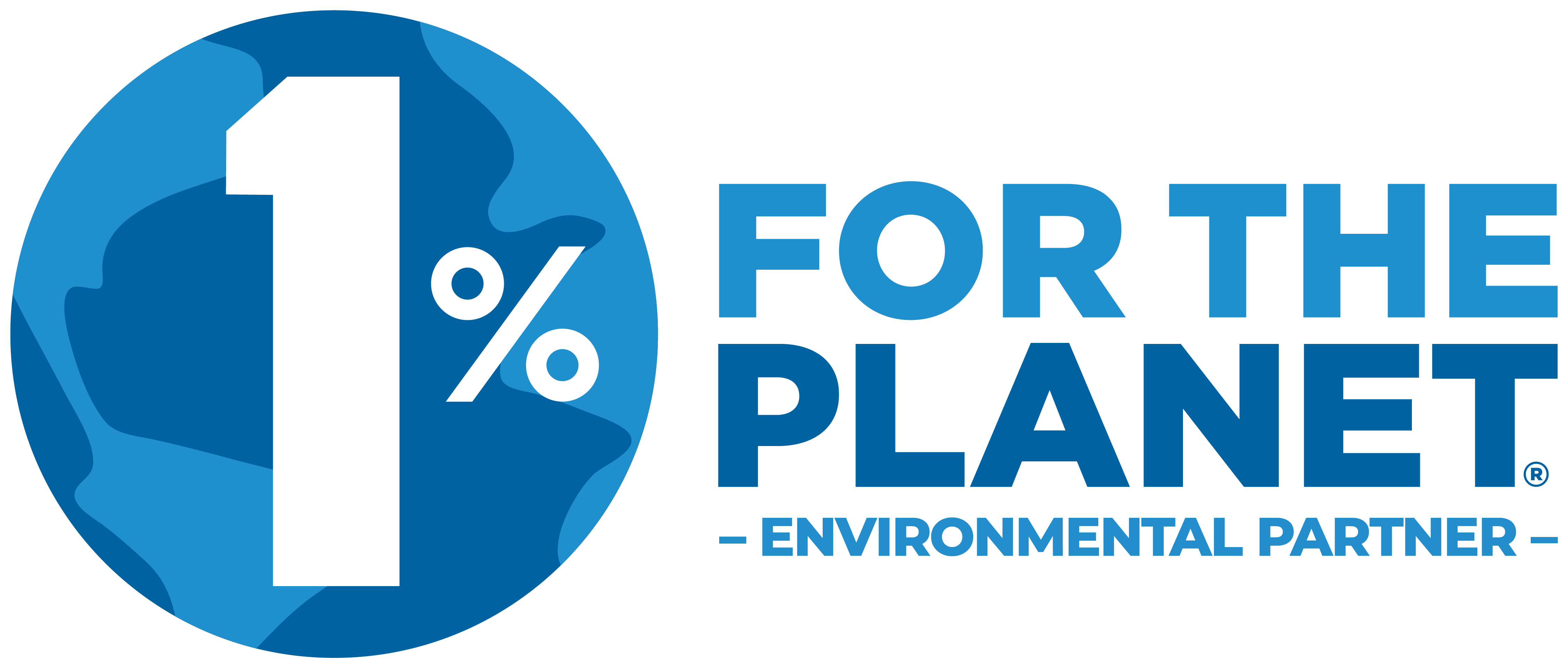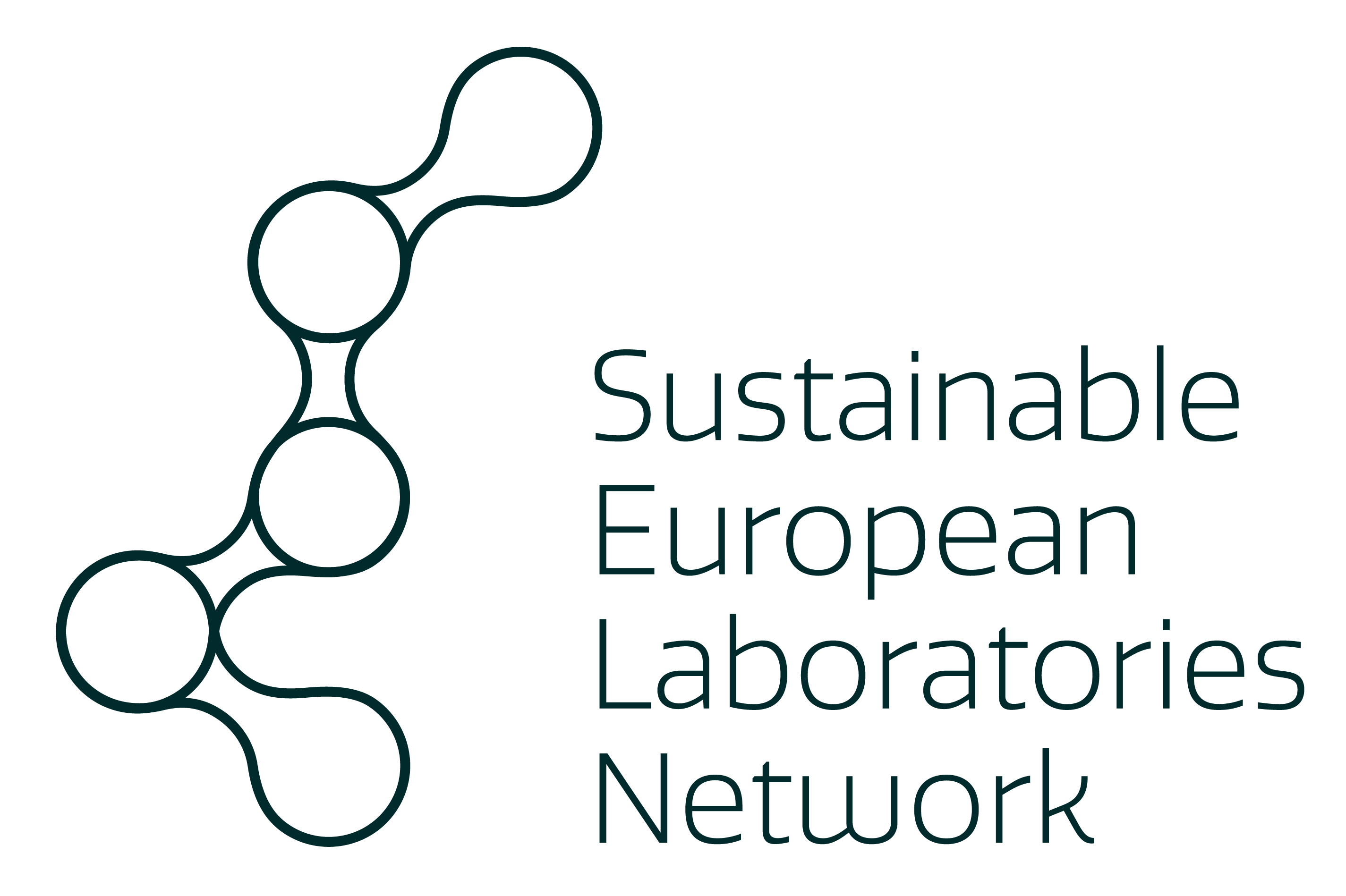Waste
Waste is a large contributor to the CO₂ output of laboratory spaces. Much of what is used in the lab is automatically considered contaminated and placed in biohazard bins sent for incineration. This incineration results in vast amounts of CO₂ emissions and other toxic fumes released into the atmosphere, let alone being very expensive for institutes.
The sustainable science community challenges people to really determine what is and what isn’t contaminated and put in place protocols to allow for the reduction, reuse and recycling of lab waste where possible. By ensuring that labs have options to recycle non-contaminated paper and plastics, we can try to prevent the unnecessary incineration of waste that can get a second life. If you do have the correct waste streams in your lab, make sure to use lab introductions and clear signage to educate people on whether the items are contaminated or can be recycled.
Here are various waste reduction strategies for research laboratories, aligned with sustainability goals and carbon footprint reduction.
Biological & Hazardous Waste Streams
- Training lab users and use proper signage for labeling waste bins
- Optimize how each type of waste is disposed of. In particular, minimize the contents in biohazard bins as their incineration is a major contributor to carbon emissions
- Use autoclave efficiently, only run when full
Plastics & Consumables
- Switch to reusable glassware when possible.
- Share inventories between research groups
- Only use gloves when necessary
- Choose vendors with take-back programs for tip boxes and tubes.
- Whenever possible, purchase in bulk to reduce plastic waste
Chemical & Solvent Waste Reduction
- Reduce reagent quantities used in experiments by scaling down reactions when possible
- Implement distillation systems to purify and reuse common solvents (e.g. acetone, ethanol)
- Maintain chemical stocks to avoid over-purchasing and expired materials.
- Replace toxic reagents with safer alternatives when possible.
- Implement Green Chemistry principles
Paper & Digital Waste
- Replace paper notebooks with cloud-based systems.
Background information
- Seize the lab waste day – Chemistry World Opinion Article, 2020
- Plastic Recycling in the labs pipeline – Green Labs Austria
- Plastic waste training video – SELs
- Reducing single use plastics guide – University of Edinburgh
- Tackling avoidable plastics in laboratories – Webinar
- How to Reduce Waste in the Laboratory – My Green Lab
Stickers & Posters
Publications on this topic
- What’s in our bin? Labs kick off and demand the transition towards a circular economy for lab plastics – Weber et al., 2025, EMBO reports
-
Re-use of laboratory utensils reduces CO2 equivalent footprint and running costs – Farley & Nicolet, 2023, PLOS One
-
A case report: insights into reducing plastic waste in a microbiology laboratory – Alves et al., 2021, Access Microbiology
-
Labs should cut plastic waste too – Urbina et al., 2015, Nature
Re-use of laboratory utensils reduces CO2 equivalent footprint and running costs – Farley & Nicolet, 2023, PLOS One
A case report: insights into reducing plastic waste in a microbiology laboratory – Alves et al., 2021, Access Microbiology
Labs should cut plastic waste too – Urbina et al., 2015, Nature



